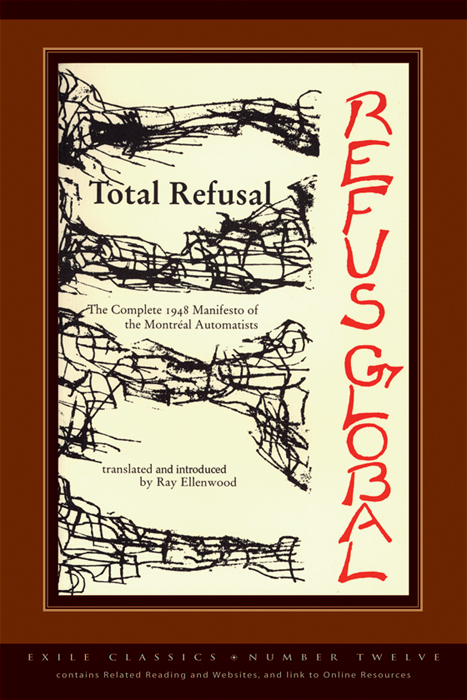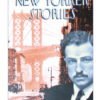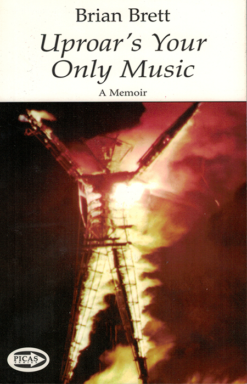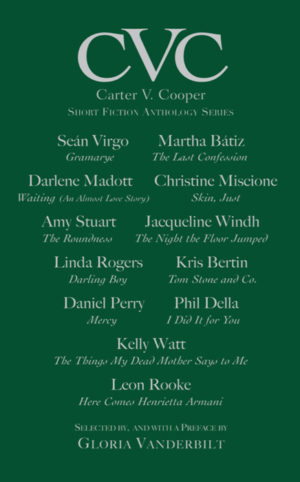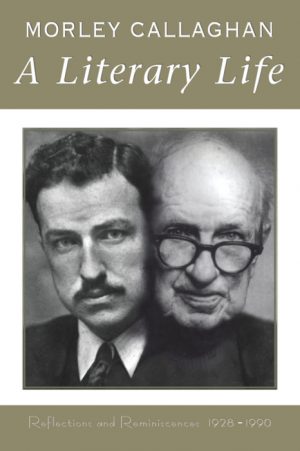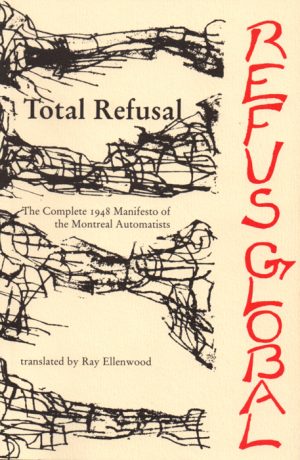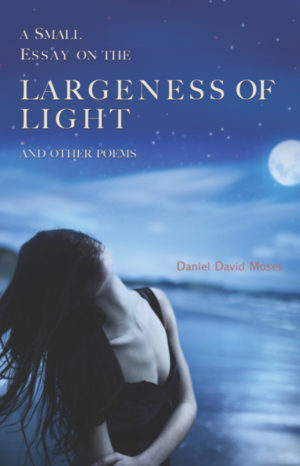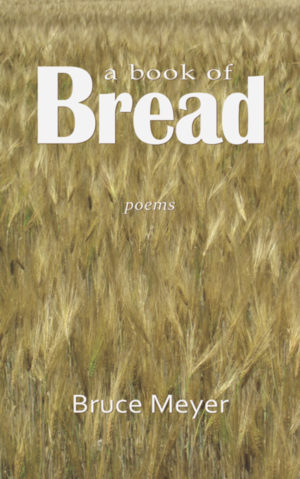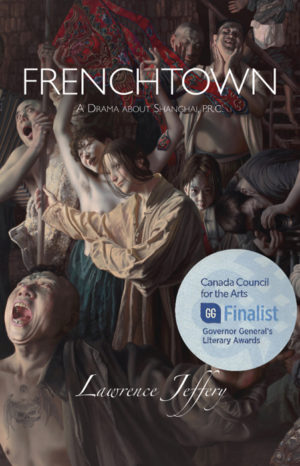Total Refusal/Classics Series
$19.95
Exile Classics Series – Number Twelve.
Translated by Ray Ellenwood.
23 black and white photographs (previous editions: 1998, 2006, 2009).
“Ray Ellenwood is a prize-winning translator whose knowledge of the period makes him a leading authority on the Automatists. Ellenwood’s style is lucid and fluent; he is equally skilled at translating the drama, poetry, and critical theory that appear here. This edition is beautifully crafted and includes historical and biographical notes as well as many period photographs.” —Books in Canada
Total Refusal, published in Montreal as Refus Global in 1948, is the single most social document in Quebec history and the most important aesthetic statement a Canadian has ever made. The origins and development of the Quiet Revolution in Quebec cannot be fully understood without this text; the disappearance of the Church and surge toward socialism cannot be understood without this text, nor can the rise of Pierre Trudeau to power or the October FLQ crisis of 1970 or the establishments of the Parti Québécois as a political force. This volume, reproducing the original text, especially Paul Emile Borduas’ famous lead manifesto, along with photographs of, and other texts by, a heterogeneous group of artists called the Automatists of Montreal, is basic reading for anyone interested in Canadian history or the arts in Canada. The Complete 1948 Manifesto of the Montréal Automatists: Paul-Emile Bourduas, Claude Gauvreau, Bruno Cormier, Françoise Sullivan and Fernand Leduc.
“In 1948 Canada was recovering from the Second World War, Mackenzie King was prime minister, and we were entering the United Nations. Television and the baby boom were in their infancy, and in Quebec the Duplessis government was battling organized labour. Meanwhile, on a hot afternoon in August, a group of Montréal artists, including pioneers in the field of writing, painting, dance, theatre, design, and architecture, released 400 mimeographed copies of the Automatist Manifest, Refus Global. The manifesto created a furor. Group leader Paul-Emile Borduas was fired from the École du Meuble. Jean-Paul Riopelle and Pierre Gauvreau objected to Borduas’ comments on surrealism. Other members argued over tactics and the purpose of the manifesto. By 1955, the dust had settled and both the group and the manifesto fell from sight. It was not until the 1970s that its full importance was recognized. Members of the group have gone on to achieve considerable success. Riopelle appeared in Breton’s Surrealism and Painting and signed a surrealist manifesto. At that time a museum devoted to his work was being planned for Quebec City. Art historian Dennis Reid has called Refus Global the most important aesthetic statement that has ever been made in Canada.”
Related products
Fiction
Non-Fiction
Non-Fiction
Fiction
Poetry
Drama

